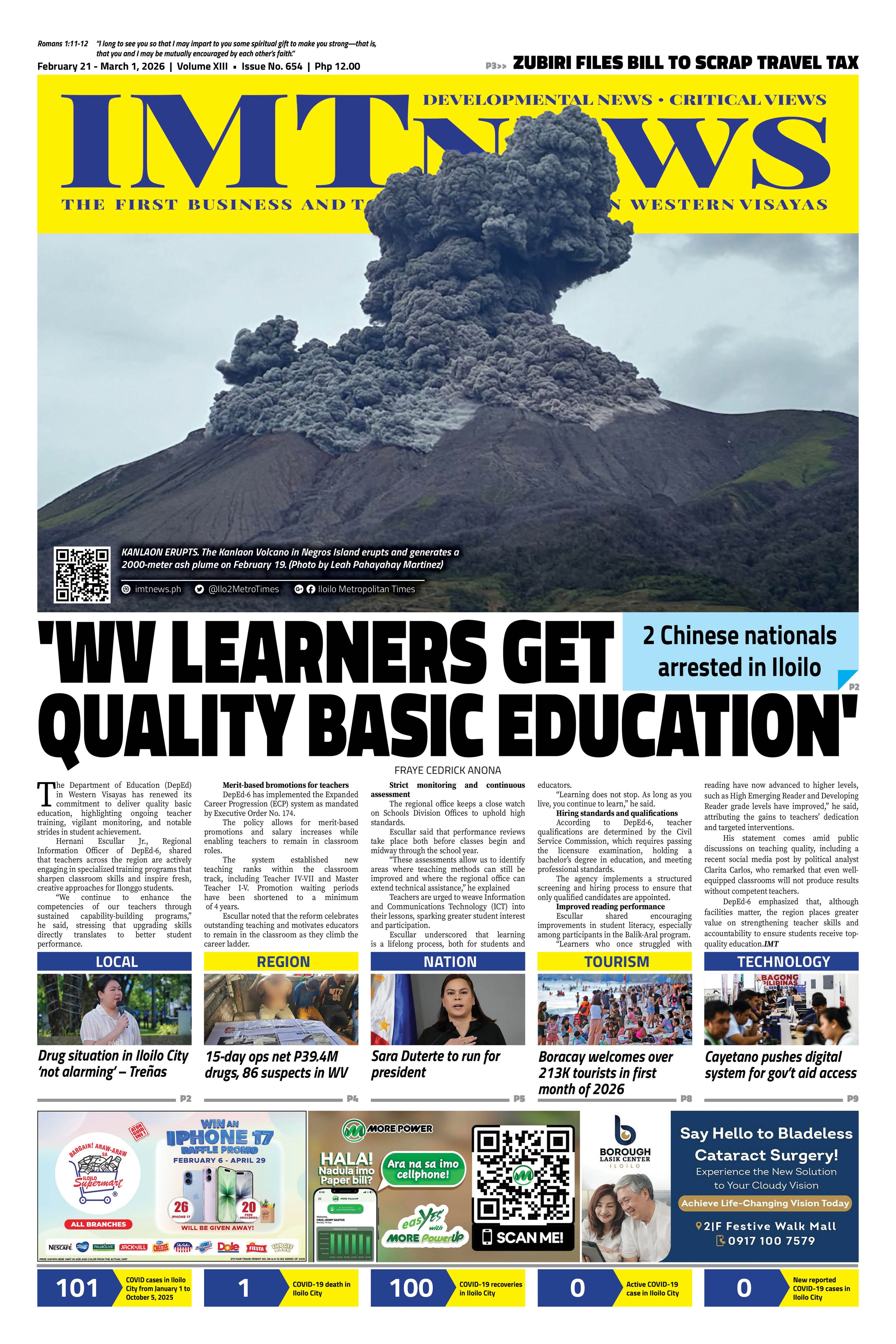The Ilonggo Branded Experience Engineering Masterclass held last August 1, 2025, was not just another professional development event. It was a high-level, working session that redefined service as a strategic business discipline—a function that deserves the same rigor and investment as finance, marketing, and operations.
Organized by the Iloilo Business Club, Inc. in partnership with Cornelius Magnate Engagement & Consulting, the masterclass began with a clear definition: Experience Engineering is the deliberate, system-wide design of customer interactions so they consistently reflect brand values and cultural integrity. We explored global frameworks such as SERVQUAL and the Kano Model to understand customer expectations, non-negotiables, and the moments that turn satisfaction into delight. Participants learned how to map the customer journey in detail and use service blueprinting to connect the visible and invisible work that drives consistent service delivery.
These tools were anchored in distinctly Ilonggo values—pagtatap (respectful care), delicadeza (propriety), pag-ugyon(team harmony), and pagpasalamat (gracious gratitude). We translated these into operational standards that are repeatable, scalable, and authentic. Finally, we emphasized that systems—policies, infrastructure, hiring, training—must be aligned so that these values are not left to chance but embedded into the daily life of an organization.
Why This Matters Now
Iloilo today is a fast-globalizing city. World-class hotels rise beside heritage landmarks, global brands share streets with proud local businesses, and investments in tourism, real estate, energy, and finance are shaping a compact, walkable urban core.
In this environment, products and prices alone will not secure market leadership. The real differentiator is how people feel when they interact with us. An Ilonggo-branded approach to Experience Engineering ensures that, no matter the industry, every touchpoint carries the same DNA of warmth, grace, and respect—systematized and consistent. This shared standard becomes a competitive advantage no other city can easily copy.
The Economic Case for Experience Engineering
Customer experience is not just a feel-good aspiration—it drives measurable business results. Organizations that deliver exceptional experiences enjoy stronger loyalty because customers who feel valued return, recommend, and stay even when competitors come calling. They gain pricing power because people will pay more for seamless, personalized, and enjoyable interactions. They reduce churn, which is critical because retaining customers costs far less than acquiring new ones.
There’s also a powerful employee dimension. Teams in experience-led organizations are more engaged because they work in environments that empower them to serve well and take pride in their work. In Iloilo—where tourism, BPO, healthcare, and real estate fuel growth—embedding an Ilonggo-branded experience can turn a first-time visitor into a repeat tourist, a walk-in buyer into a loyal client, and a one-time investor into a long-term partner.
We already see strong examples: MORE Power’s proactive customer communication during outages strengthens public trust; RCBC’s white-glove service for high-net-worth clients builds enduring relationships; Richmonde Hotel’s attention to moments of truth create lasting positive impressions. These are not random acts of kindness—they are strategic levers for sustainable growth.
A Full House of Leaders
The masterclass drew decision-makers from hospitality, food, retail, banking, real estate, automotive, energy, laundry and cleantech, security, accounting, legal, and more. Major brands such as Toyota, Isuzu, RCBC, MORE Power, and Richmonde Hotel were represented, alongside DTI Region VI.
Our Excel Talk: High-Level Roundtable gave the floor to leaders who live this work every day. Mutya Eusores of DTI spoke about integrating values-based service into government programs and MSME development. Myles Joseph Sotelo of RCBC explained the trust dynamics in high-net-worth and corporate banking. Natalie Lim of Richmonde Hotel shared the cultural awareness and precision behind consistent five-star service. Ivan Ariola of Isuzu Iloilo discussed building loyalty beyond the point of sale. Maricon Garrido of MORE Power underscored humanizing service even during stressful events such as outages.
Their collective message was clear: customer experience is everyone’s job, but leadership must design, enable, and protect it.
Gratitude and the Challenge Ahead
I am deeply grateful to Ms. Ma. Luisa C. Segovia, Vice President of the Iloilo Business Club, for her faith in this vision and her encouragement throughout the process, as well as to the officers and members of IBCI for their trust. I thank the panelists for their insights and every participant for their engagement and commitment.
But gratitude alone will not move us forward. The challenge now is to take these principles and embed them into the daily operations of our organizations—from boardroom strategy to frontline practice. Iloilo is ready. The question is whether we will design our future experiences with intention, pride, and the unmistakable Ilonggo heart.
Ken Lerona is a business consultant with over 20 years’ experience in marketing and branding. He conducts talks and workshops for private and government organizations and advises on innovation, business strategy, and reputational risk management. Connect with him on LinkedIn: www.linkedin.com/in/kenlerona






